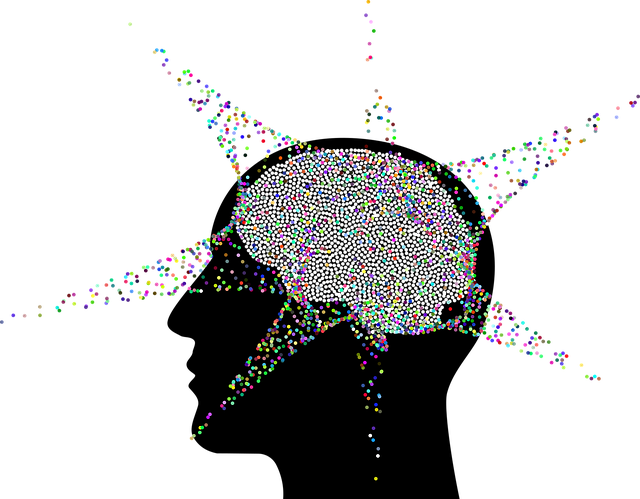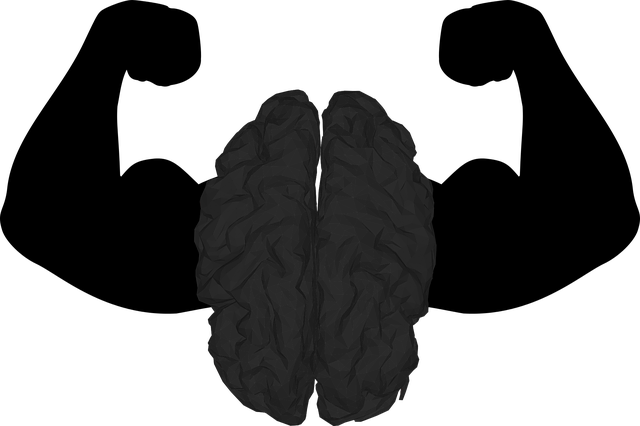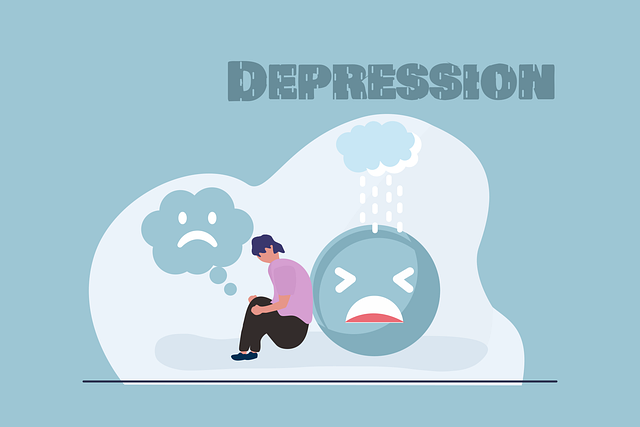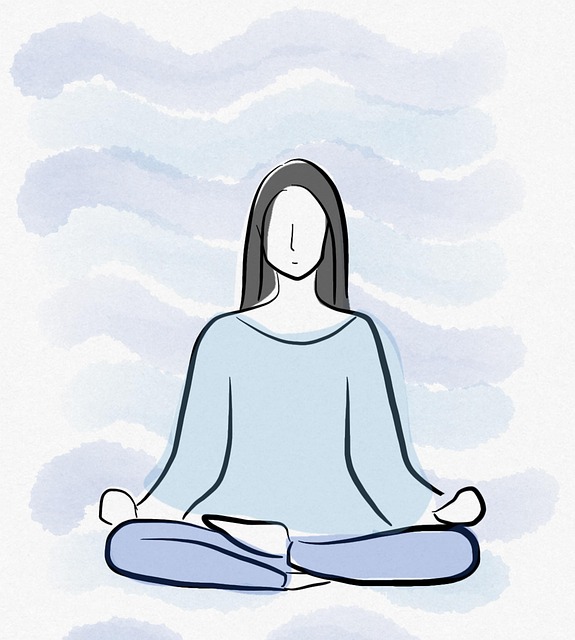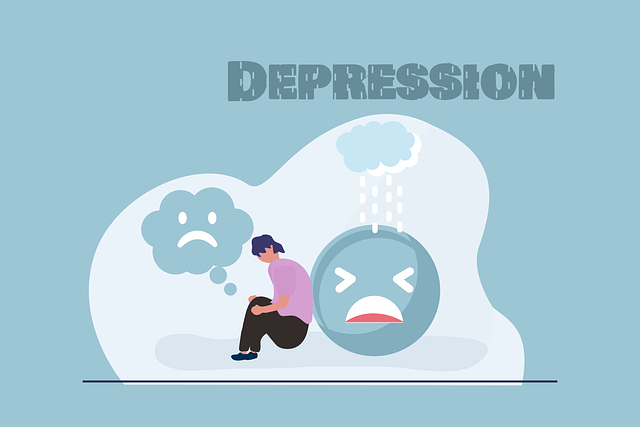Centennial Oppositional Defiance Disorder (COD) therapy emphasizes self-care as a key treatment component, going beyond traditional therapy methods. By integrating emotional well-being promotion techniques, individuals learn to manage symptoms, develop positive coping strategies, and improve relationships. Tailoring self-care practices to individual needs, including mindfulness and cultural sensitivity, enhances emotional regulation and resilience. Through therapy, individuals gain tools to challenge negative thinking patterns, cultivate positive self-talk, and consistently prioritize their well-being, ultimately improving mental health and quality of life. Centennial Oppositional Defiance Disorder therapy is a powerful approach that empowers folks with effective coping strategies for long-term mental wellness.
Self-care is an essential aspect of managing and overcoming Centennial Oppositional Defiance Disorder (COD). This article explores strategies to enhance self-care practices for individuals struggling with COD, a common behavioral challenge in children and adolescents. We delve into the significance of understanding self-care, identifying barriers specific to COD, and providing practical techniques. Additionally, we discuss the role of therapy in fostering long-lasting self-care habits, offering hope and guidance for better mental health outcomes.
- Understanding Self-Care and Its Significance in Overcoming Centennial Oppositional Defiance Disorder (COD)
- Identifying Barriers to Self-Care for Individuals with COD
- Strategies and Techniques for Enhancing Self-Care Routines
- The Role of Therapy in Cultivating Long-Lasting Self-Care Habits
Understanding Self-Care and Its Significance in Overcoming Centennial Oppositional Defiance Disorder (COD)

Self-care is a fundamental aspect of overall health and well-being, especially for individuals dealing with complex mental health conditions such as Centennial Oppositional Defiance Disorder (COD). Beyond traditional therapy sessions, self-care practices play a pivotal role in managing symptoms and fostering positive coping mechanisms. By incorporating various emotional well-being promotion techniques, individuals with COD can navigate their challenges more effectively.
The significance of self-care cannot be overstated when it comes to COD therapy. Public awareness campaigns development has shed light on the impact of emotional intelligence in managing oppositional behaviors. Through self-reflection, mindfulness, and engaging in nurturing activities, individuals with COD can promote emotional balance, improve their relationships, and enhance overall quality of life. This holistic approach complements traditional therapeutic interventions, offering a comprehensive strategy for overcoming the challenges associated with this disorder.
Identifying Barriers to Self-Care for Individuals with COD

Identifying barriers to self-care for individuals with Oppositional Defiant Disorder (ODD) is a crucial step in fostering mental wellness. The nature of COD, characterized by persistent argumentativeness and defiant behaviour, often presents significant challenges when it comes to engaging in proactive self-care practices. These individuals may struggle with accepting help or adopting therapeutic strategies aimed at improving their emotional well-being due to their resistance and rebellious nature.
Centennial Oppositional Defiance Disorder therapy can play a pivotal role in overcoming these barriers. Through specialized treatment, individuals learn to challenge negative thinking patterns, cultivate positive self-talk, and develop coping mechanisms that support their mental wellness journey. By addressing underlying issues and promoting self-acceptance, therapists enable patients to integrate healthy self-care practices into their daily routines, ultimately enhancing their overall resilience and quality of life.
Strategies and Techniques for Enhancing Self-Care Routines

Enhancing self-care routines is a multifaceted endeavor that involves integrating strategies tailored to individual needs. For individuals navigating Centennial Oppositional Defiance Disorder (COD) therapy, establishing robust self-care practices can significantly complement their treatment journey. One powerful approach is incorporating mindfulness techniques into daily life. Practicing awareness of the present moment, through activities like meditation or deep breathing exercises, can aid in managing anger and oppositional behaviors often associated with COD. This inner strength development fosters emotional regulation, a cornerstone of emotional well-being promotion techniques.
Additionally, cultural sensitivity in mental healthcare practice plays a crucial role. Recognizing and respecting diverse cultural backgrounds ensures that self-care strategies are adaptable to individual preferences and beliefs. For instance, incorporating culturally relevant activities or therapies can enhance engagement and effectiveness. By combining these approaches, individuals with COD can cultivate inner resilience, improve emotional well-being, and create balanced self-care routines that thrive in a supportive, culturally sensitive environment.
The Role of Therapy in Cultivating Long-Lasting Self-Care Habits

For many individuals struggling with conditions like Centennial Oppositional Defiance Disorder (COD), therapy plays a pivotal role in fostering long-lasting self-care habits. Beyond addressing specific behaviors, therapy empowers clients to develop resilience and cultivate positive thinking patterns. Through structured practices, therapists guide patients to explore underlying emotional barriers and triggers that might hinder their ability to engage in self-nurturing activities.
By integrating compassion cultivation practices into treatment, therapy offers a transformative approach. This not only enhances the individual’s capacity for self-compassion but also equips them with tools to navigate challenging situations more constructively. The ultimate goal is to enable clients to prioritize their well-being consistently, thereby leading to improved overall mental and emotional health.
In addressing Centennial Oppositional Defiance Disorder (COD), self-care is not a luxury but an essential tool for managing symptoms and fostering well-being. By understanding the significance of self-care, identifying barriers specific to COD, and employing effective strategies, individuals can enhance their routines and cultivate long-lasting healthy habits. Therapy plays a pivotal role in this process, providing guidance, support, and personalized techniques to overcome challenges and promote sustainable self-care practices tailored to managing COD.
